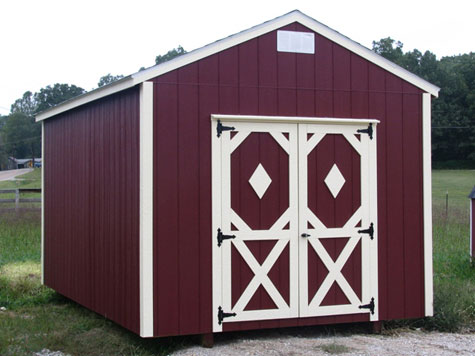July 2nd, 2013
Do B.C. Landlords and Tenants Really Want To Follow the Failed Ontario Landlord and Tenant System?
According to an article in the Vancouver Sun a coalition of legal and tenant’s rights groups want to change the rules for landlords and tenants in British Columbia.
They want to put emphasis on the need to enhance the provincial laws protecting renters.
Because B.C. landlords have it so easy, right?
Several groups recommend to make modifications to the B.C. Residential Tenancy Act that governs the renters and landlords relations.
It was pointed out that the B.C. law hasn’t been changed for years and the tenant’s protection has plunged after other provinces like Ontario.
Yes, Ontario.
Where small landlords are struggling to keep afloat and losing thousands of dollars is common.
Where landlords don’t have the tools to deal with serious problems.
Proposed changed to B.C.’s residential tenancy system are as follows:
1. Putting Off Landlord Retaliation
Supposedly tenants have no defense against their landlord’s retaliation for exercising their rights, like getting their landlord to the Residential Tenancy Branch.
2. The Right of First Refusal
When tenants are removed from their units for renovation, they should be permitted to return to their units at the previous rental rate. This is the case in other provinces like in Ontario.
3. Increased Amount of Compensation
When the unit is under repair, the amount of compensation for eviction should be higher from the present one month’s rent to three months, just like in Ontario.
4. Reinforce Rent Controls
The most permissible rental increase is base on the annual rate of inflation with additional 2%. According to the coalition, the permissible increase is either the inflation rate or a maximum of 2.5%, if the inflation rate is lesser.
5. Increased Grace Period for Delayed Rent
The eviction notice for nonpayment can be cancelled if the tenants are able to pay their rent and utilities in 5 days. The coalition proposed giving tenants 10 days instead.
Fortunately the NDP lost the recent election. We are calling on the government to start focusing on helping small landlords succeed.
Successful small landlords means more high quality, affordable housing for good tenants. If this is the goal of our provincial government, Ontario is the last place to look for true solutions.
To discuss this and other B.C. landlord and tenant rules and issues go to the B.C. landlord forum



















